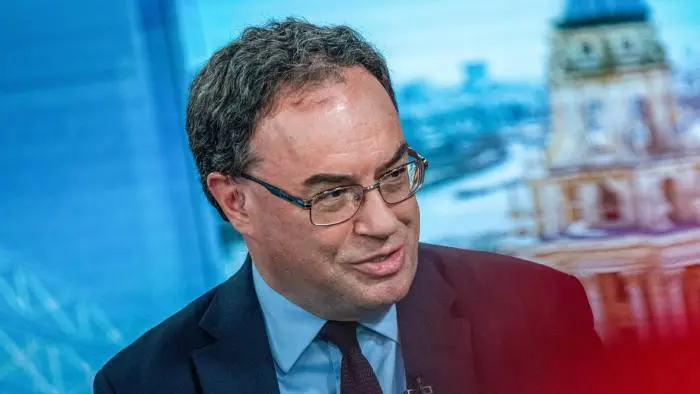Worklessness has emerged as a significant threat to the UK’s economic growth, economists warn, following official data revealing a sharp rise in economic inactivity.
According to the Office for National Statistics (ONS), the number of adults not in employment or seeking work increased to over 9.4 million in the three months to April, the highest since 2011, post-financial crisis.
Among the economically inactive, a record 2.83 million attributed their status to long-term sickness. Employment levels fell by 139,000 during this period, while unemployment increased by a similar number, with more than 1.5 million people now unemployed—the highest figure since 2021.
Tony Wilson, director of the Institute for Employment Studies, highlighted the severity of the situation, noting that the UK is almost alone among developed economies in experiencing a decline in employment rates since the pandemic. He stated, “When employment stops growing, so does the economy. This parliament has seen the largest rise in economic inactivity and the largest contraction in the size of the workforce since comparable records began in 1971.”
Alexandra Hall-Chen from the Institute of Directors pointed out that nearly half of businesses are struggling to find necessary staff, exacerbated by the increasing number of people exiting the job market. She emphasised, “Stabilising rising costs and bringing people back into the workplace needs to be a focus for the next government. Without action to increase domestic labour supply, strong economic growth will be all but impossible.”
The ONS data also showed unexpected wage growth in the last quarter, complicating the Bank of England’s plans to reduce interest rates this summer. Average regular earnings rose by 6% over the past year, partly driven by a nearly 10% increase in the minimum wage.
Economists suggest that the wage pressure makes it unlikely for the Bank of England to cut interest rates before the election. Simon French of Panmure Gordon remarked that wage growth remains “too hot” to justify reducing borrowing costs, while Thomas Pugh from RSM added that the combination of strong pay growth, sticky inflation, and the upcoming election leaves almost no chance for a rate cut in the near future.
Labour’s shadow work and pensions secretary, Liz Kendall, criticised the Conservative government’s handling of the worklessness crisis. She said, “On Rishi Sunak’s watch, a record number of people are out of work due to long-term sickness at terrible cost to them, to business and the taxpayer, and we remain the only G7 country whose employment rate still isn’t back to pre-pandemic levels.”
The Conservative manifesto, launched on Tuesday, promises to “tighten up how the benefits system assesses capability for work.” From September 2025, those with moderate mental health issues or mobility problems will receive tailored support to help them engage with the workforce, rather than being placed on benefits.
The escalating issue of worklessness and economic inactivity presents a significant challenge for policymakers aiming to revitalise the UK’s labour market and ensure sustainable economic growth.


